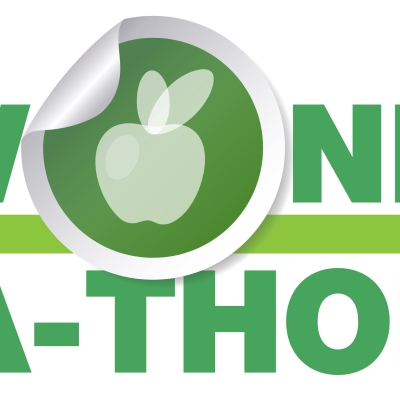- 2016 is providing ample opportunities for the charter sector to take stock. The twenty-fifth anniversary of chartering’s inception has produced a bevy of retrospectives on the movement’s history, and this fall’s presidential election will pen a new chapter in the twisting narrative of school choice, power, and politics. In the meantime, the progress continues apace. On Monday, the Eli and Edythe Broad Foundation awarded its prestigious annual prize (and a cool $250,000) to IDEA Public Schools, a burgeoning CMO out of Texas. The network, which specializes in educating disadvantaged kids close to the Mexican border, pledged to split the loot with fellow finalists YES Prep and Success Academy. As much as we love charter excellence, solidarity between schools makes it even better.
- NPR correspondent Anya Kamenetz’s exposé on Rocketship last week was something of a recognizable type. It resembled pretty closely last year’s in-depth New York Times article on Success Academy: a long and detailed piece examining the methods of a phenomenally successful charter network. Unfortunately, some also found it unwieldy, tendentious, and anecdotal. Washington Monthly’s Alexander Russo has deemed it a “takedown” that attempts to recast Rocketship’s high test scores and disciplined environment as somehow suspect. (There’s also the weird decision to refer to the nonprofit network repeatedly as a “company.”) The schools’ supporters later claimed that Kamenetz had never even set foot in a Rocketship school to observe the classroom conditions she harshly criticized, relying instead on a single visit by an NPR colleague. One question that Kamenetz didn’t address fully: If conditions in the schools are so daunting to students, how come so many parents want to enroll their kids?
- The assessment of teacher quality is commonly viewed as more of an art that a science. It isn’t totally clear how to suss out qualities like patience, empathy, and assertiveness (speaking personally, it has always seemed like teachers need a healthy helping of “grit” just as much as their students), without which education school graduates are surely doomed. That opacity may contribute to the widespread perception that teaching ability is simply innate and can’t be learned. Thankfully, a feature in this week’s Economist seeks to dispel that fallacy. Citing research from the rapidly growing Relay graduate program for teaching candidates, the article explores efforts to impart the critical skills of instruction and student management to trainees before their rocky first years in a school. Those skills, as Doug Lemov and others have insisted, can absolutely be learned by prospective teachers, and their effect on students is huge. Putting a well-prepared professional in every classroom should be seen as one of reform’s most important goals.
Policy Priority:
Topics:

